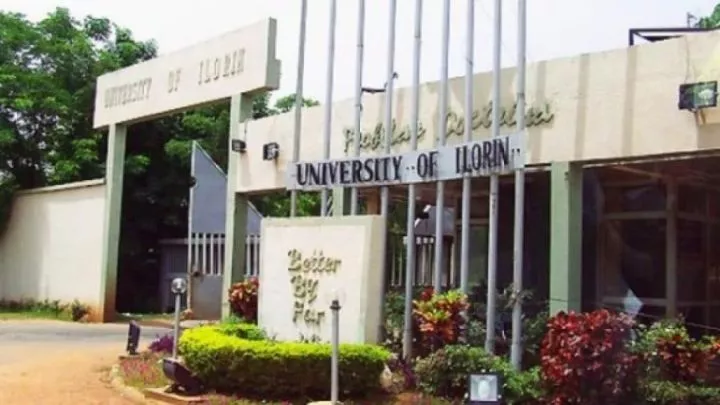Integrating hands on business experience into secondary education equips young people with practical skills and an entrepreneurial mindset before they reach university.

In Nigeria a growing number of schools have adopted mini enterprise programs that require students to design products or services manage budgets market to real customers and reinvest profits.
These initiatives foster teamwork financial literacy and creative problem solving while generating small revenues that support school projects or charities.
Below are 5 standout institutions where student led ventures move beyond classroom theory into genuine marketplace operations setting graduates on a path to business success.
1. Loyola Jesuit College, Abuja
Each term, students form teams that research market needs, write detailed business plans and launch ventures such as handcrafted soap labels or small event-planning services.
They procure supplies, manage production, establish brand identities and sell through pop-up campus stalls as well as online channels. Faculty advisors lead sessions on cost calculation, bookkeeping and customer relations.
Profits fund outreach initiatives, reinforcing both civic responsibility and business know-how.
2. Greensprings School, Lagos
Under the Young Entrepreneurs Programme, students operate cooperatives focused on projects ranging from organic produce farming to custom T-shirt design.
A campus makerspace equipped with 3D printers and sewing machines enables rapid prototyping. Participants validate demand at public fairs and via social-media campaigns.
Professional workshops cover trademark registration, supply-chain logistics and online marketing strategies. A capstone pitch event invites business leaders who award grants and incubation opportunities.

3. Dowen College, Lagos
The BizTech Club integrates enterprise roles into the timetable by assigning students to positions such as chief executive, finance director or marketing lead.
Past ventures have included coding tutorials for primary-school pupils and a healthy-snack café on campus. Live performance dashboards display revenue, costs and customer feedback in real time, teaching data-driven decision making.
Field trips to tech hubs and talks by startup founders connect these student enterprises to Nigeria's wider innovation ecosystem.
4. American International School, Abuja
In the Enterprise Challenge, cross-grade teams design scalable services, such as virtual peer-tutoring networks, sustainable cleaning cooperatives or mobile-device repair units, over a full academic term.
Senior students mentor juniors, and all participants submit funding proposals to an alumni investment panel. Successful teams receive revolving seed capital, dedicated workspace and official after-school-club status, ensuring continuity.
The programme builds leadership skills and establishes ventures that operate year after year.
5. British International School, Lagos
The Young Innovators Hub supports ventures spanning eco-friendly fashion (upcycling local textiles) to sensor-based waste-collection solutions.
Students attend weekend intensives on e-commerce development, customer segmentation and rapid-iteration techniques.
Collaboration with local SMEs provides real-world client briefs, enabling learners to deliver commissioned work and build professional portfolios.
Annual showcases connect student teams with investors, grant programmes and accelerator partners, accelerating the transition from a student side project to a full-fledged startup.
Embedding genuine enterprise activities in these curricula gives students experience testing ideas managing operations and learning from outcomes in a guided setting.
The initiative cultivates resilience creativity and fiscal discipline essential for success in Nigeria's entrepreneurial landscape.

















Comments